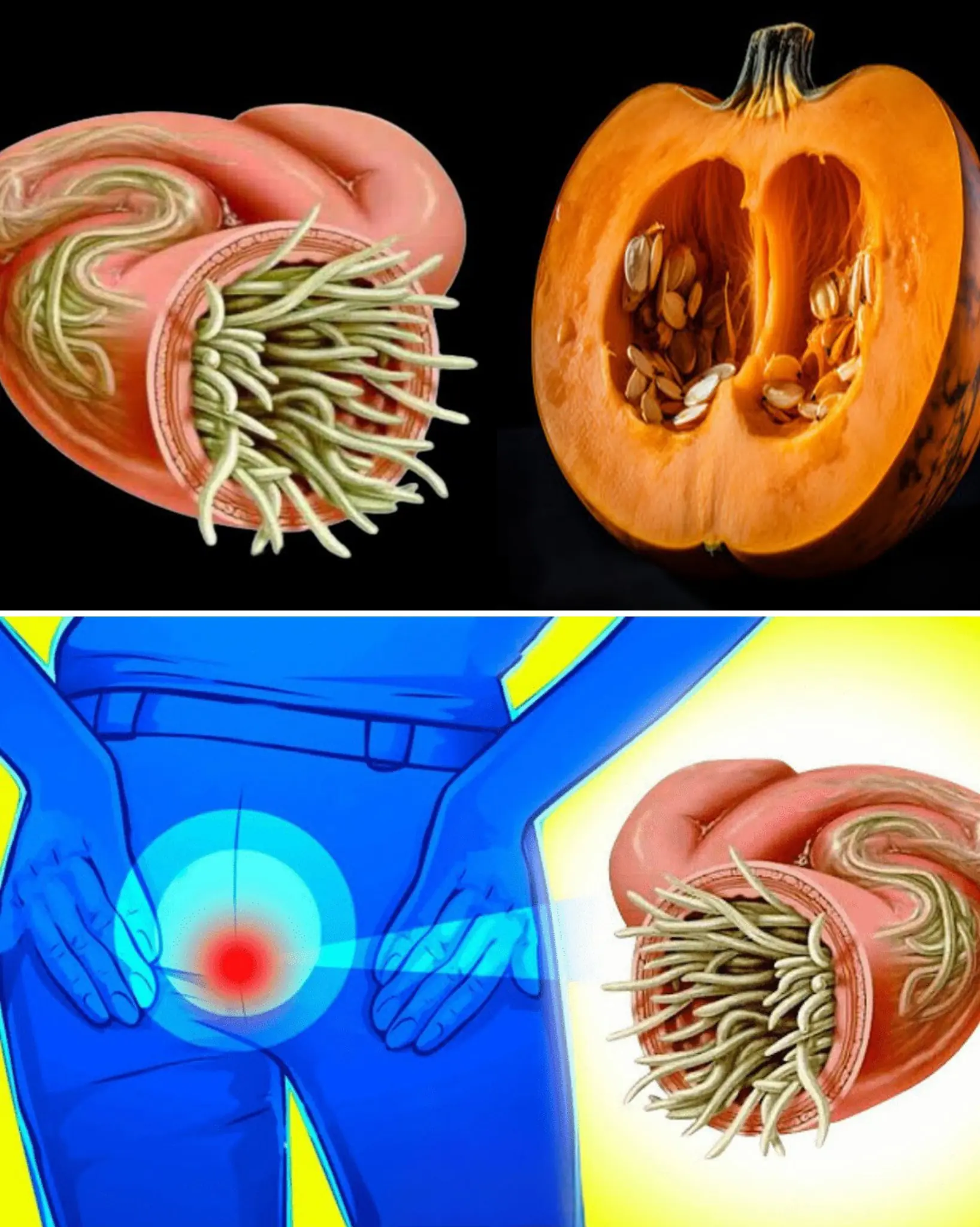
Health Risks of Datura Stramonium: A Dangerous Plant to Be Aware Of
Datura Stramonium: A Deadly Plant and Its Associated Health Risks
Datura stramonium, commonly known as Jimson weed, thorn apple, or devil’s trumpet, is a plant native to North America but now found in many parts of the world. Its attractive trumpet-shaped flowers and spiny seed pods may seem appealing, but this plant is extremely toxic and poses severe health risks. Historically, Datura stramonium has been used in traditional medicine and spiritual practices, but its improper use, or accidental ingestion, can result in poisoning, hallucinations, and in some cases, even death. This article will examine the potential dangers of Datura stramonium, highlighting its toxicity and the serious risks it presents to both humans and animals.

Why Is Datura Stramonium So Dangerous?
Datura stramonium contains several highly toxic alkaloids, including atropine, hyoscyamine, and scopolamine. These compounds are responsible for the plant's harmful effects on the human body. They work as anticholinergics, blocking the neurotransmitter acetylcholine, which disrupts the normal functioning of the body, particularly the central nervous system.
Toxic Alkaloids Found in Datura Stramonium:
-
Atropine: Causes pupil dilation, a rapid heart rate, and vivid hallucinations.
-
Hyoscyamine: Affects smooth muscle function, leading to a reduction in bodily secretions and difficulties with urination and digestion.
-
Scopolamine: Known for its strong hallucinogenic properties, it can induce confusion, agitation, and disorientation.
Because all parts of the Datura stramonium plant—seeds, flowers, leaves, and stems—contain these toxic alkaloids, even a small amount of the plant can lead to serious health problems when consumed.
Symptoms of Datura Stramonium Poisoning
The symptoms of Datura stramonium poisoning are wide-ranging, typically reflecting the effects of anticholinergic toxicity. These symptoms can develop as quickly as 30 to 60 minutes after ingestion and can last anywhere from 24 to 48 hours, depending on the dose ingested and the person’s sensitivity to the plant’s toxins.
Common Symptoms of Datura Stramonium Poisoning:
-
Dry mouth and skin: One of the first signs of poisoning due to suppression of saliva and sweat glands.
-
Dilated pupils: A person may experience blurred vision or extreme sensitivity to light.
-
Rapid heartbeat (tachycardia): This can lead to a dangerously elevated heart rate.
-
Delirium and hallucinations: Intense and often terrifying hallucinations can lead to a loss of touch with reality, causing paranoia or violent behavior.
-
Confusion and disorientation: Difficulty remembering things and making coherent decisions is common.
-
Severe agitation and restlessness: Individuals may exhibit erratic and uncontrollable behavior.
-
Seizures: In extreme cases, poisoning may lead to seizures and convulsions.
-
Coma and death: In severe cases, particularly with large amounts of the plant consumed, Datura stramonium can lead to coma or even death.

Long-Term Health Effects
For those who survive poisoning from Datura stramonium, long-term health effects can persist. Individuals may experience extended periods of confusion, memory loss, and psychological issues like anxiety or paranoia. While some individuals recover fully, others may face enduring cognitive and emotional disturbances, particularly if the poisoning was severe.
Accidental Ingestion and Risks to Children and Pets
Accidental ingestion of Datura stramonium is a major concern, especially for children and pets. The plant’s eye-catching flowers and seed pods can attract curious children or animals, leading to unintentional consumption. Children are particularly vulnerable because of their smaller body size, and even a small amount of the plant can cause severe reactions.
Risks to Pets: Dogs and cats may be drawn to the seeds or leaves of the plant, which can result in poisoning. Pets may exhibit symptoms such as drooling, vomiting, uncoordinated movements, and hallucinations after ingesting any part of the plant.
Recreational Use and Its Hazards
The hallucinogenic properties of Datura stramonium have made it a subject of interest for some individuals seeking altered states of consciousness. However, the risks associated with its recreational use are extreme. The hallucinations produced by Datura are often vivid, but they can also be terrifying and lead to dangerous behavior or self-harm. The plant’s toxic alkaloids can interfere with one’s ability to distinguish between hallucination and reality, which makes it especially perilous.
The toxic dose of Datura stramonium is unpredictable and varies greatly between individuals. Even experienced users cannot reliably determine a "safe" amount of the plant to consume. The potency of the alkaloids in the plant can fluctuate based on growing conditions, the plant’s age, and other factors, making it even more dangerous.
Treatment for Datura Stramonium Poisoning
Datura stramonium poisoning is a medical emergency that requires immediate attention. If you suspect someone has ingested any part of the plant, seek emergency medical help as soon as possible. Treatment typically includes:
-
Activated charcoal: Administered early to absorb any remaining toxins from the gastrointestinal tract.
-
Supportive care: This includes intravenous fluids, sedatives, and continuous monitoring of the person’s heart rate and breathing.
-
Physostigmine: In severe cases, this antidote may be used to reverse the effects of anticholinergic toxicity.
Without prompt medical intervention, poisoning from Datura stramonium can be fatal.
Conclusion
Datura stramonium is a highly toxic plant that presents significant health risks to anyone who ingests or misuses it. Its alkaloids—atropine, hyoscyamine, and scopolamine—are extremely potent and can lead to severe symptoms such as hallucinations, delirium, rapid heart rate, seizures, and even death. Accidental ingestion, particularly by children or pets, is a major concern, while recreational use carries unpredictable and often dangerous consequences. Education and awareness about the dangers of Datura stramonium are essential for preventing poisoning and ensuring quick medical treatment in case of exposure.
By staying informed about the plants around us and the risks they pose, we can protect ourselves, our loved ones, and our pets from the life-threatening dangers of Datura stramonium.
News in the same category


My Mom's Simple Recipe That Banished Worms and Boosted Health – A Natural Remedy Worth Trying

What Your Legs Can’t Say, Your Vagina Can — The Truth About the Female Body Most People Don’t Know

Painful Red Bumps on Skin? It Might Be Dyshidrotic Eczema

Shocking Simulation Reveals The Effects Of Plucking A Hair From Your Skin

Scientists Discover Body’s ‘Kill Switch’ Capable of Destroying Cancer Cells

A Legacy Of Health: Soong Mei-Ling’s Longevity And Struggle Against Cancer

Prostate Cancer – Warning Signs and Symptoms You Shouldn’t Ignore

The Best Home Remedies For Getting Rid of Ear Infection

Mite Bites: Warning Signs and Natural Treatments

14 Warning Signs of Low Magnesium Levels and What to Do About It

Effective Home Remedies for Lice (Based on Evidence)

Here’s How to Go to Sleep Fast (in Under 1 Minute)

Unexplained Bruising on Your Body: Causes and Treatments

11 Simple Steps to Slash Your Risk of Colorectal Cancer

Bloated Stomach: 8 Common Reasons and How to Treat Them (Evidence Based)

Mother’s Ultrasound Reveals Baby ‘Blowing Bubbles’

If you hear ringing in your ear, this is a sign that you will suffer from…

Man With Severe Anger Issues Cries After Seeing What Brain Scan Reveals

4 Effective Home Remedies to Eliminate Mucus and Phlegm from the Throat, Sinusitis, and Rhinitis
News Post

A Young Man Befriended Me at Work — I Didn't Realize He'd Change My Life Forever
I had spent years blending into the background, just another old man behind the register. Then one day, a young man walked into my grocery store and struck up a conversation like we were old friends. I never could have guessed how much he would change my

Doctors Issue A Warning About Hot Showers That Might Change How You Bathe

My Mom's Simple Recipe That Banished Worms and Boosted Health – A Natural Remedy Worth Trying

What Your Legs Can’t Say, Your Vagina Can — The Truth About the Female Body Most People Don’t Know

Painful Red Bumps on Skin? It Might Be Dyshidrotic Eczema

Shocking Simulation Reveals The Effects Of Plucking A Hair From Your Skin

Scientists Discover Body’s ‘Kill Switch’ Capable of Destroying Cancer Cells

A Legacy Of Health: Soong Mei-Ling’s Longevity And Struggle Against Cancer

Prostate Cancer – Warning Signs and Symptoms You Shouldn’t Ignore

The Ultimate Guide to Vaseline: 10+ Beauty Hacks for Skin, Lips & Hair

The Best Home Remedies For Getting Rid of Ear Infection

Mite Bites: Warning Signs and Natural Treatments

14 Warning Signs of Low Magnesium Levels and What to Do About It

I FOUND A LACE ROBE HIDDEN IN MY HUSBAND’S CLOSET — THEN I SAW MY STEPMOTHER WEARING IT.

My Mother-in-Law Kicked My Parents Out of My Wedding Because They “Didn’t Pay for It”

I Decided to Surprise My Husband at Work and Uncovered a Secret That Changed Our Lives Forever.

My Husband’s Mistress Sent Me a Box on My Birthday – I Was Stunned by What I Found Inside.

While Decorating a Gingerbread House, My Daughter Said, 'It's Beautiful, like the Secret House Daddy Takes Me to Every Weekend'
When my daughter compared our gingerbread home to the "secret house Daddy takes me to every weekend," I laughed it off until she mentioned a pretty lady with candy. A few days later, I found myself following my husband, although I'd never been a suspiciou

I Heard a Young Woman on the Street Singing the Same Song My Daughter Sang Before Going Missing 17 Years Ago, So I Went Closer
I was walking home from work one day, thinking about the bills I had to pay that evening. But as I turned the corner onto the town square street, a familiar melody suddenly reached my ears and stopped me in my tracks.
